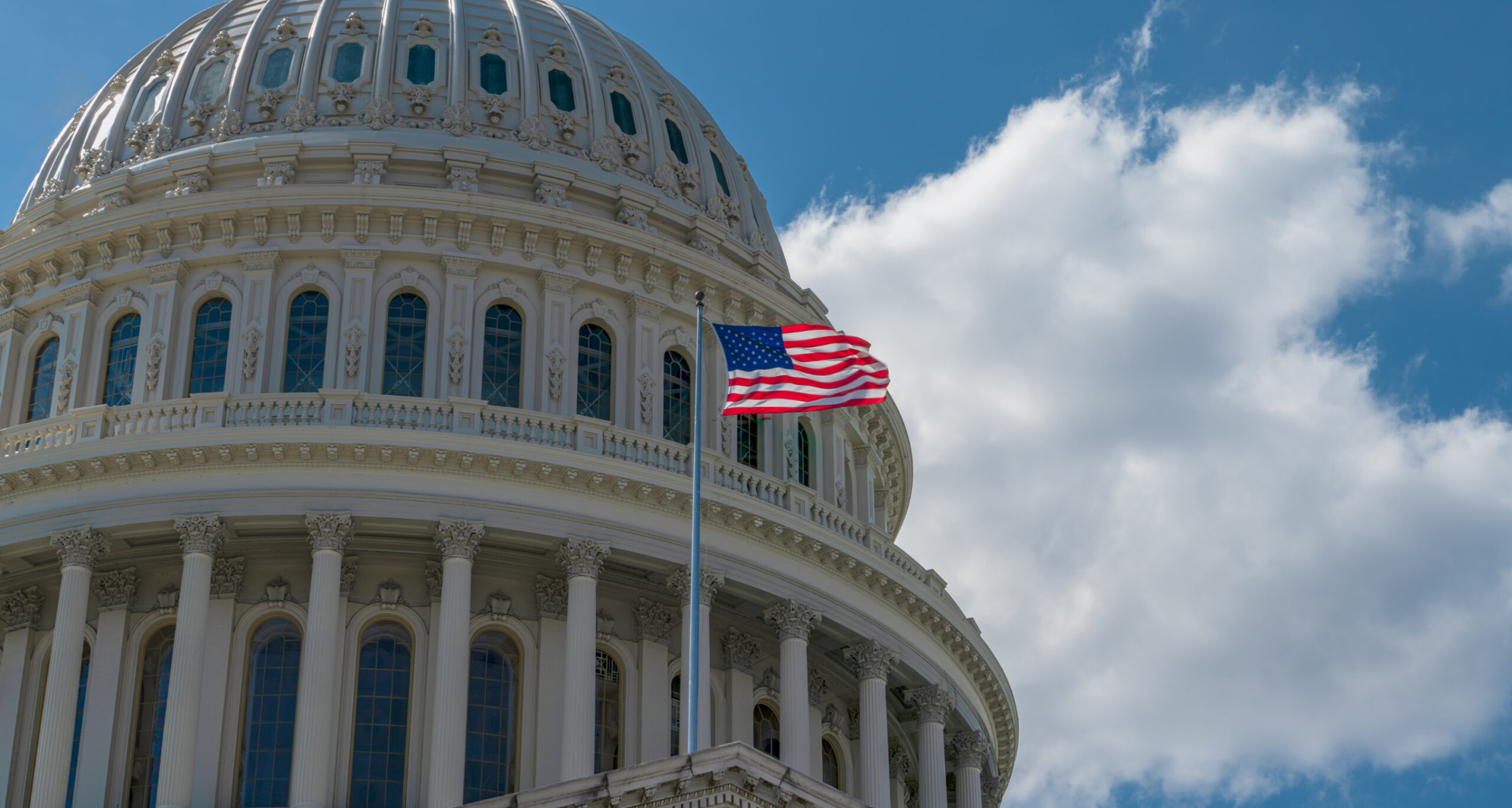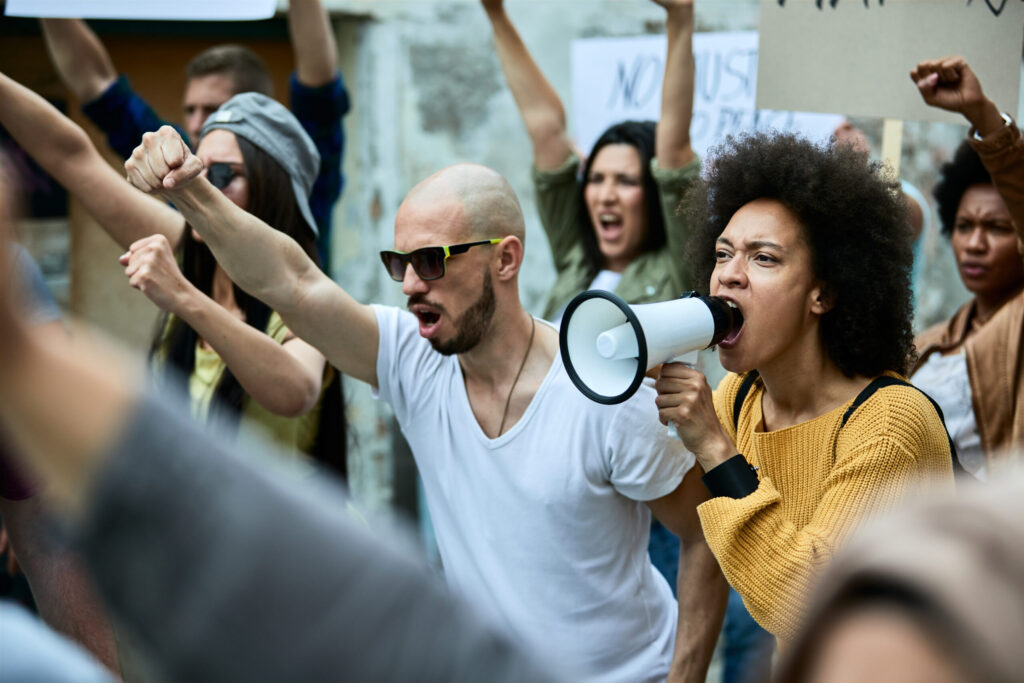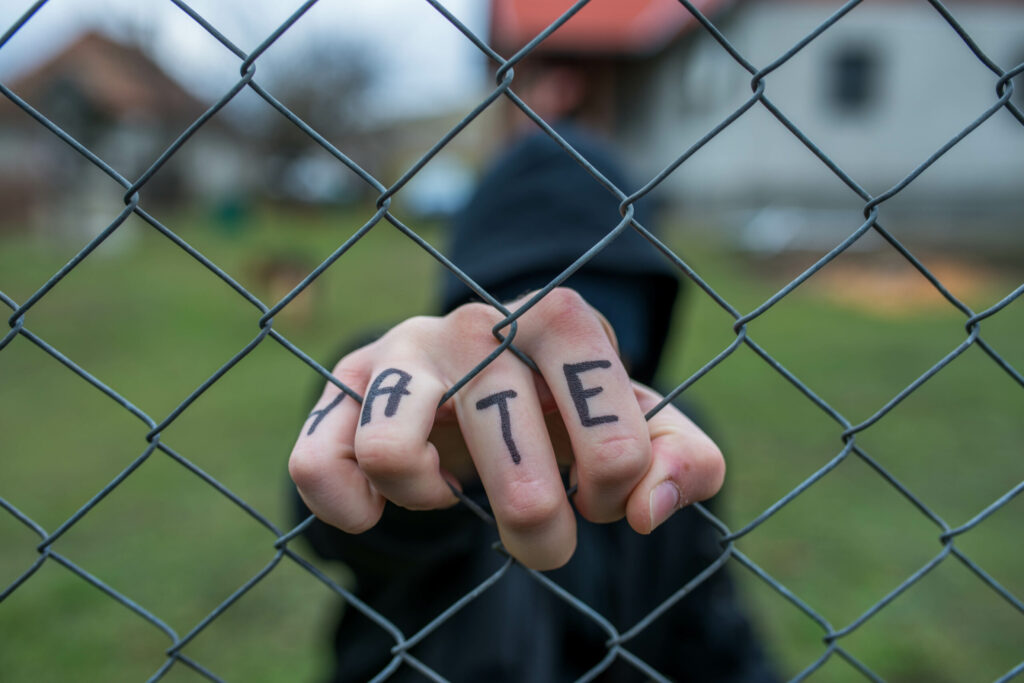During Crime Victims’ Rights Week, NY Senator Griffo Leads GOP Opposition to Sentencing and Parole Reform Bills
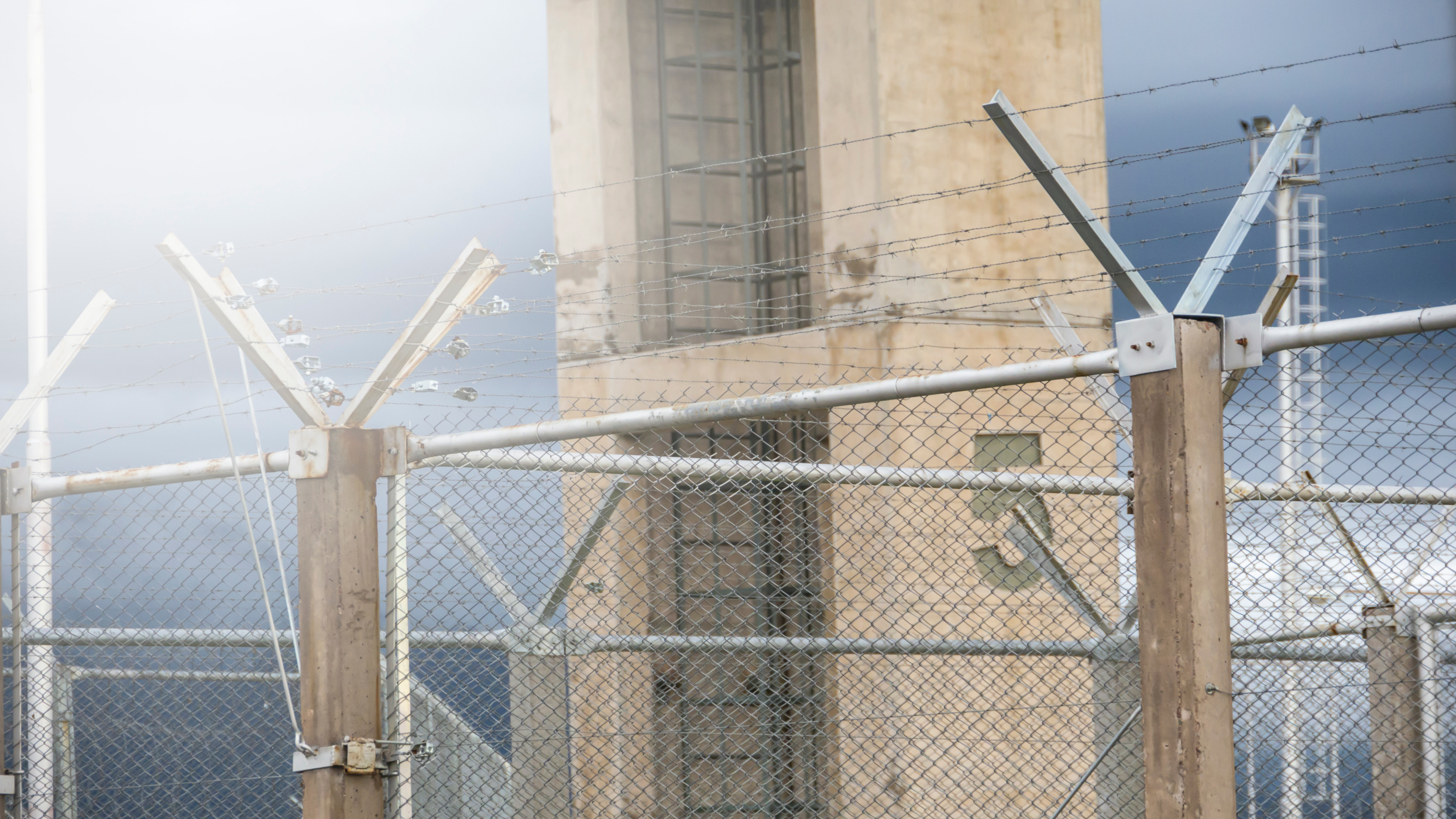
As the New York State Legislature continues to consider a variety of criminal justice reform proposals, State Senator Joseph Griffo and members of the Senate Republican Conference voiced strong opposition this week to two bills that would significantly alter parole procedures and sentence reductions for incarcerated individuals. The opposition coincided with National Crime Victims’ Rights Week, a time dedicated to acknowledging victims and promoting their rights within the justice system.
The first piece of legislation, Senate Bill S.342, known as the “Earned Time Act,” aims to expand “good time” and “merit time” allowances for incarcerated individuals, allowing for sentence reductions of up to 75%. Under this bill, inmates—including those convicted of serious crimes such as first-degree rape or assault—could be eligible for release after serving a fraction of their original sentence. Critics of the bill, including Sen. Griffo, argue that this could lead to early release for violent offenders and remove tools that correctional officials currently have to incentivize good behavior, as the bill would limit the Department of Corrections and Community Supervision’s authority to revoke earned time credits even in the case of subsequent misconduct.
Proponents of the “Earned Time Act,” including its sponsor, Senator Jeremy Cooney (D-Rochester), argue that the bill is designed to modernize New York’s sentencing laws to align with national trends emphasizing rehabilitation over punishment. Sen. Cooney stated, “Incarceration without rehabilitation is a missed opportunity to set these individuals up for success and promote safety both inside and outside of the prison walls.” Supporters believe that by incentivizing good behavior and participation in rehabilitative programs, the bill would reduce recidivism rates and facilitate smoother reintegration of formerly incarcerated individuals into society.
The second bill, S.159, seeks to change the standard used by the state’s Parole Board when considering release. The legislation would create a presumption in favor of parole, placing the burden on the Board to demonstrate that an individual poses a current, unreasonable risk to public safety in order to deny release. Supporters of the bill contend that it would make the parole process fairer and help address systemic inequities in incarceration. However, Sen. Griffo and other Republicans argue it could increase public safety risks by making it easier for inmates to be released without sufficient accountability.
In response to these measures, Sen. Griffo highlighted legislation he sponsors, S.5094, which would mandate that violent felony offenders serve their maximum prison terms if their release would pose a danger to the public. The bill was introduced following the 2011 case of Linda Turner, who was sexually assaulted and murdered in Utica by a repeat offender released early through merit time credits.
“These proposals move the focus away from victims and public safety,” said Sen. Griffo. “While reform is necessary, it must be implemented in a way that protects communities and supports law enforcement. Allowing the early release of violent offenders and removing tools from correctional officers is not the answer.”
Griffo also reiterated his support for measures to expand involuntary mental health commitments, citing recent violent incidents in New York City allegedly carried out by individuals with severe untreated mental illness. He called for a balanced approach that addresses both public safety and the underlying causes of crime.
The two Democratic-sponsored bills advanced during a recent meeting of the Senate Crime Victims, Crime and Correction Committee. Both are expected to face continued debate as they move through the legislative process.
While lawmakers remain divided on the best path forward for criminal justice reform, the discussion reflects ongoing tensions between efforts to reduce incarceration rates and concerns about maintaining safety and justice for victims.
RECENT





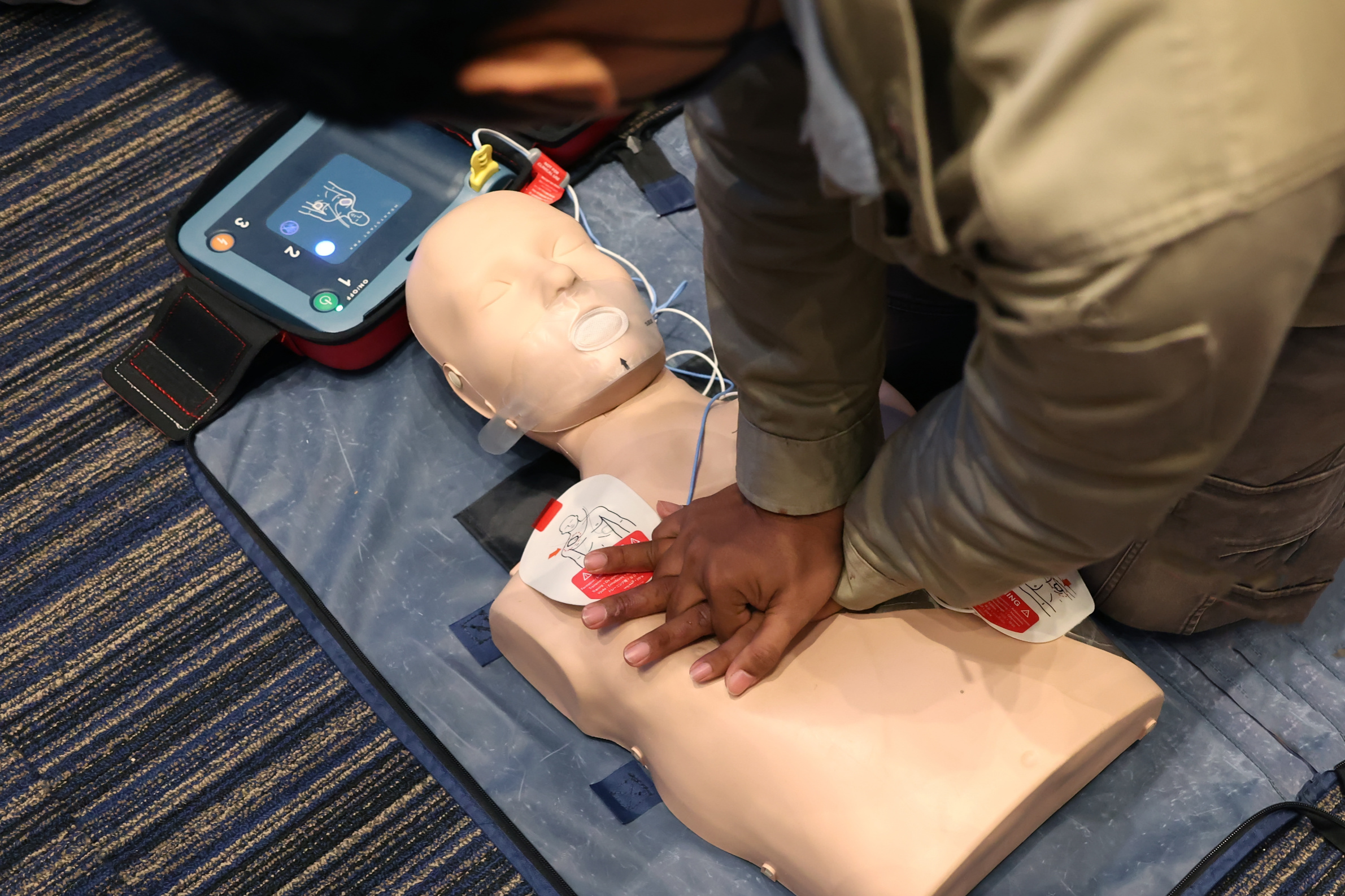




BE THE FIRST TO KNOW
More Content By
Think American News Staff






